Project eTwinning organizes Spring campaign to support the project activities. This year it was dedicated to democracy and active participation. All three schools involved in this project have taken part in the Spring democratic campaign by debates about democracy, democtraticparticipation, human rights, and much more...
Slovak participation in the Spring campaign
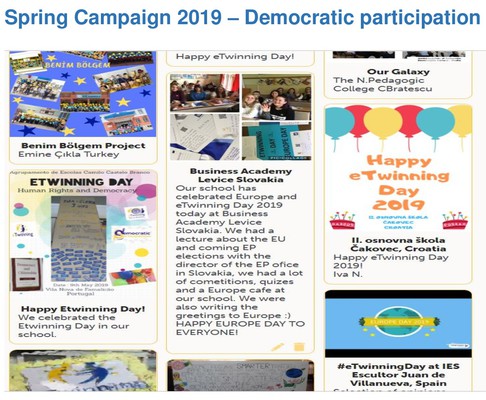
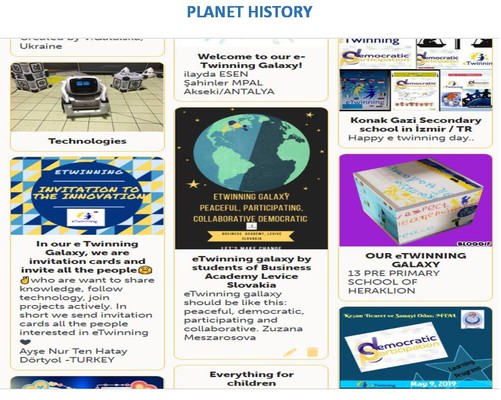
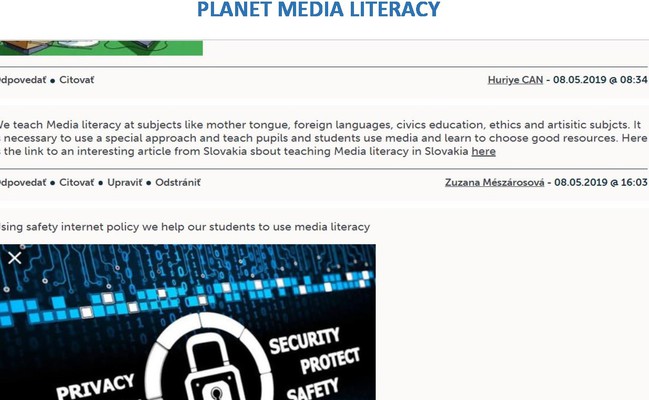
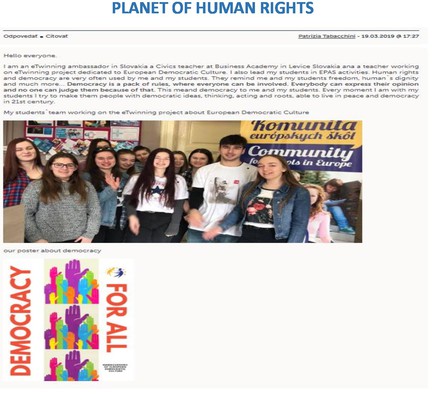
Romanian participation in Spring campaign

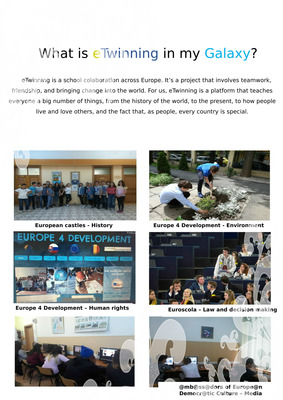
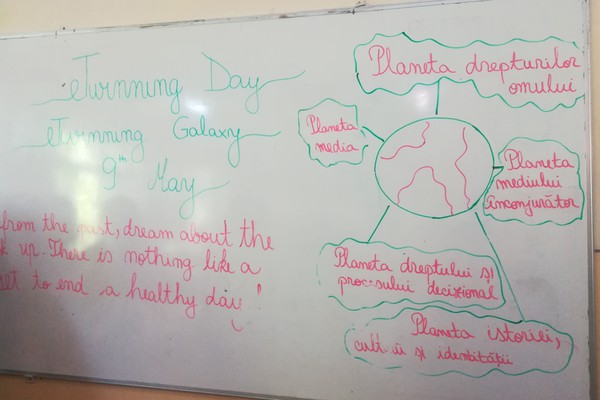
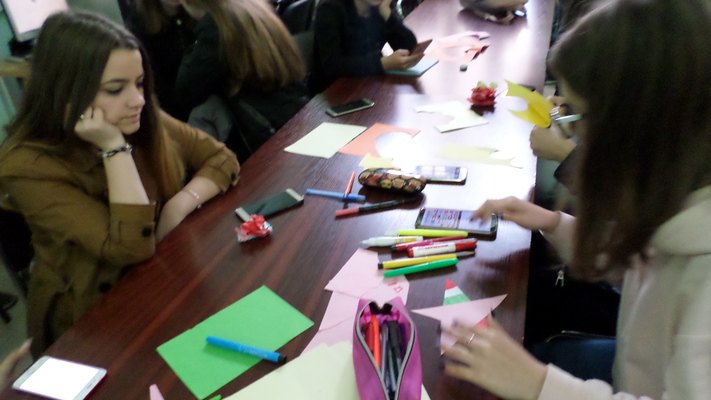
Italian participation in the Spring campaign - #Etwinning Day

Human rights: debate
Magna Charta
On 15 June 1215 the king of England Giovanni “Senzaterra” was forced by the English barons to recognize a series of liberties and privileges in a solemn document, the Magna Charta libertatum ("Great Charter of Freedoms"). With some modifications it was garanted in 1225 by Henry III and confirmed in 1297 by Edward I, entering a distant part of the fundamental laws of the English kingdom. The historical importance of the Magna Carta lies in recognizing for the first time the inviolability of individual rights with respect to any arbitrariness of power; however, originally, it only defended the rights and privileges of nobility and high clergy, ignoring peasants, artisans and all others. Today the magna carta is considered as the first fundamental document for the universal recognition of citizens' rights.
Historical examples
- The Declaration of Rights of 1689 in Great Britain;
- The Declaration of the rights of Men and of the Citizen of 1789 in France ;
- The Bill of Rights in the United States in 1791;
- Universal Declaration of Human Rights (UDHR) adopted in the 1948;
- The European Convention on Human Rights (ECHR) which came into force in 1953;
Main personalities who fought for human rights
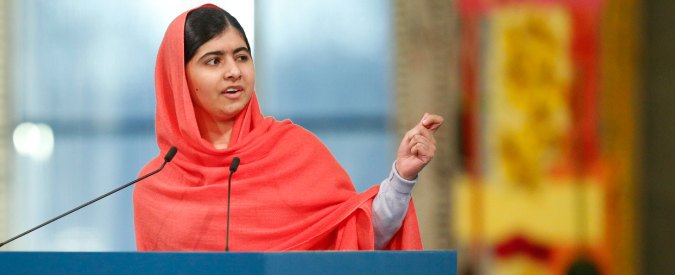
“One child,one teacher,one book,and one pen can change the world” Malala Yousafzai
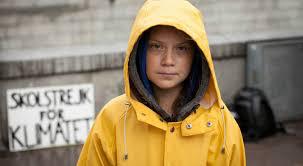
“It always seems impossible until it has been done”
Greta Thumberg
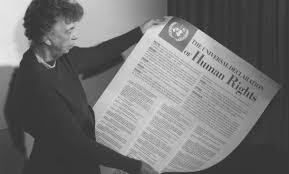
Universal declaration of Human Rights 1955
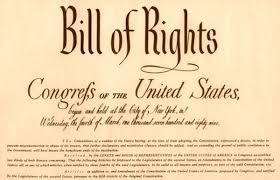
The Bill of Rights in the United States in 1791
"The definitive judgment of a man cannot be given when he is in ease and comfort, but when he resists during periods of challenge and contrast."

"I have cultivated the ideal of a democratic and free society in which everyone can live together in harmony and with equal opportunities. It is an ideal for which I hope to live and which I hope to implement. But if necessary, it is an ideal for the which I am ready to die. "
Nelson Mandela

| 
| "When I am about to lose hope, I remember that throughout history the ways of truth and love have always triumphed. There have been tyrants and murderers, and for a while they may have seemed invincible, but in the end they always collapse. Think about it ... always" Mahatma Gandhi |